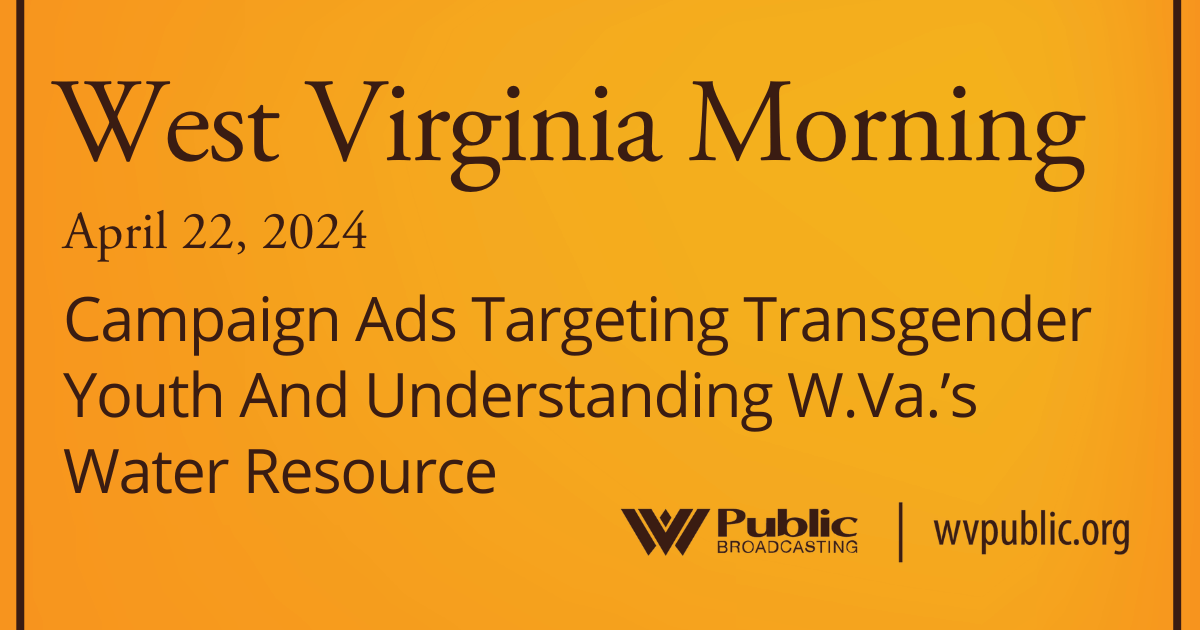West Virginia lays claim to Lily’s Place, the nation’s first medical center specifically created for infants born from addicted parents. The Huntington facility is now expanding their services to support these growing infants’ siblings and families.
West Virginia lays claim to Lily’s Place, the nation’s first medical center specifically created for infants born from addicted parents. The Huntington facility is now expanding their services to support these growing infants’ siblings and families.
Since 2014, Lily’s Place has served more than 350 babies born with Neonatal Abstinence Syndrome (NAS). With Huntington having one of the highest opioid addiction rates in the country, organizers found the number of babies born with NAS increasing and knew there had to be a better way to care for them.
They discovered the bright lights, loud beeping equipment and busy atmosphere was the opposite of what babies with NAS need most. Lily’s Place offers private rooms with a quiet atmosphere and dim lighting, which are best for babies with NAS, who are sensitive to light and sound.
Executive Director Rebecca Crowder said the new Children’s Center will provide extended counseling and prevention services to siblings, clients 18 and younger, while still supporting the family unit.
”We were getting so many child referrals that we realized that we needed to give them a safe environment of their own,” Crowder said. “A place where they were comfortable to come in and wait for their appointments, and just be around other youth. We offer counseling and case management for the families to help children deal with the social emotional issues they may be having, and self-regulation.”
Crowder said the new Children’s Center expands on the peer support and case management needed to resolve the societal issues today’s kids face.
“During COVID-19, we found a lot of kids were having issues with depression and anxiety,” she said. “With that came concerns about how they had increased suicidal ideation. It’s not just about dealing with the drugs that are already there, it’s helping them deal with the life issues that they’re facing and learning to cope so they don’t turn to drugs in the future.”
U.S. Sen. Shelley Moore Capito, R-W.Va., was at the ribbon cutting. She said the addition to the facility was made possible through securing a $1.6 million Congressionally Directed Spending (CDS) request that included funding for the project.
Capito said Lily’s Place hasn’t just helped hundreds of NAS babies survive, but set a template of medical help being developed in communities nationwide.
“They are saying this works in my neighborhood, this works in my state,” she said. “This works for the great advocates to try to fight a very, very difficult issue.”
Capito said developing the Children’s Center sets a new template, having raised a teenage daughter herself.
“It’s not easy to be a 13-year-old girl, and it’s getting harder with all the social media and everything,” Capito said. “To have all of the disruptions and unbelievable trauma in your life that piles on when somebody is affected with addiction just makes it so much harder. So, to have that ability for them to come in to meet you all, to receive services, both individually or as a whole, or with their parents or with their family is just so incredible.”
Crowder said even with the new Children’s Center, it always comes back to the babies.
“We’re also trying to see a future where we no longer need to care for babies,” Crowder said. “When there are no more babies born prenatally exposed. However, with that you can’t miss the prevention piece and caring for the siblings and the families.”
Click here for more information on Lily’s Place and its services.
